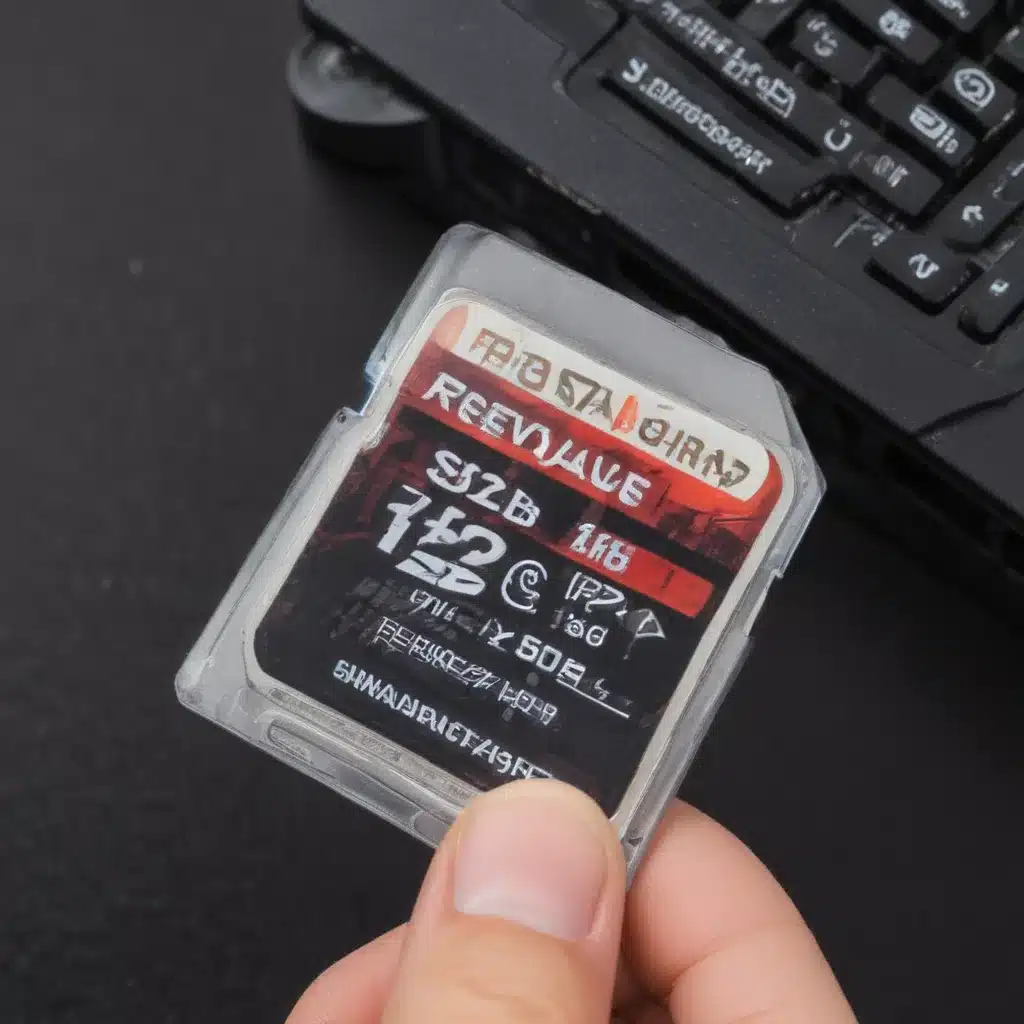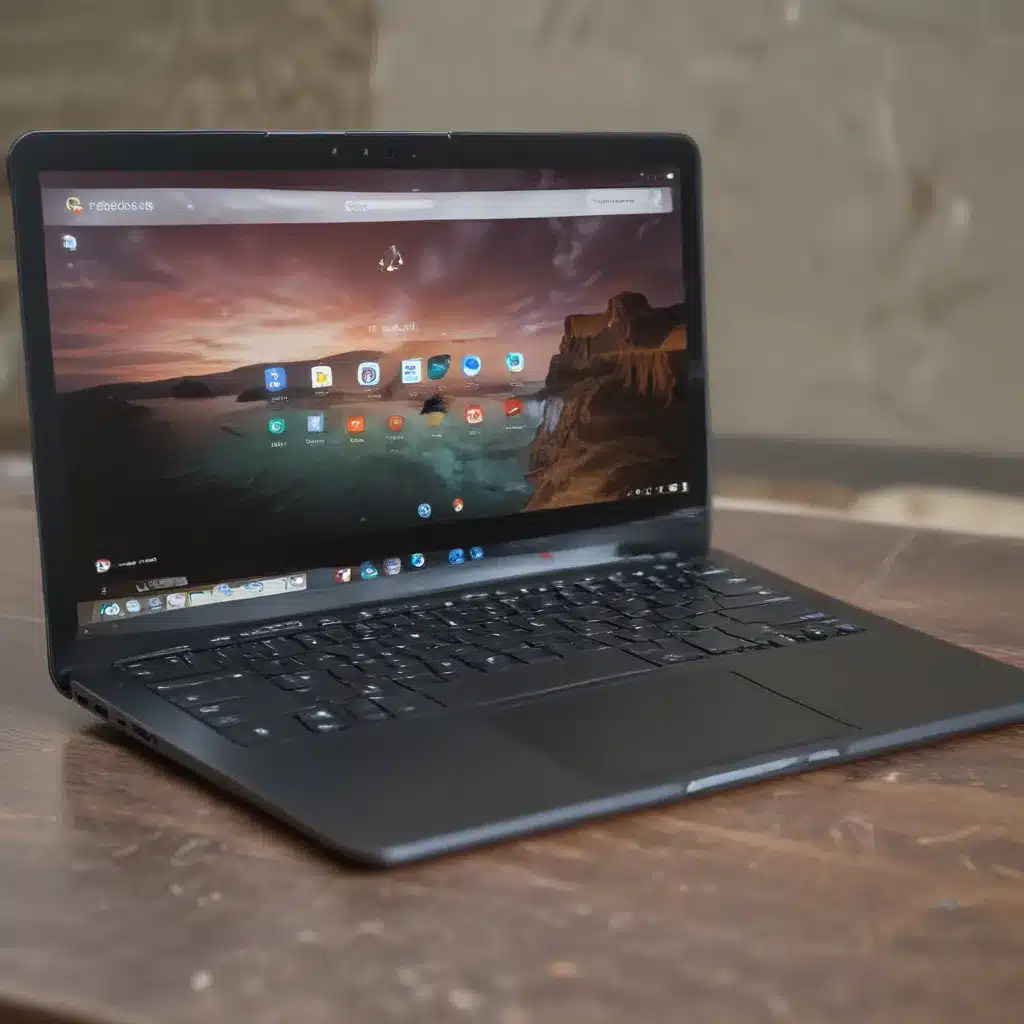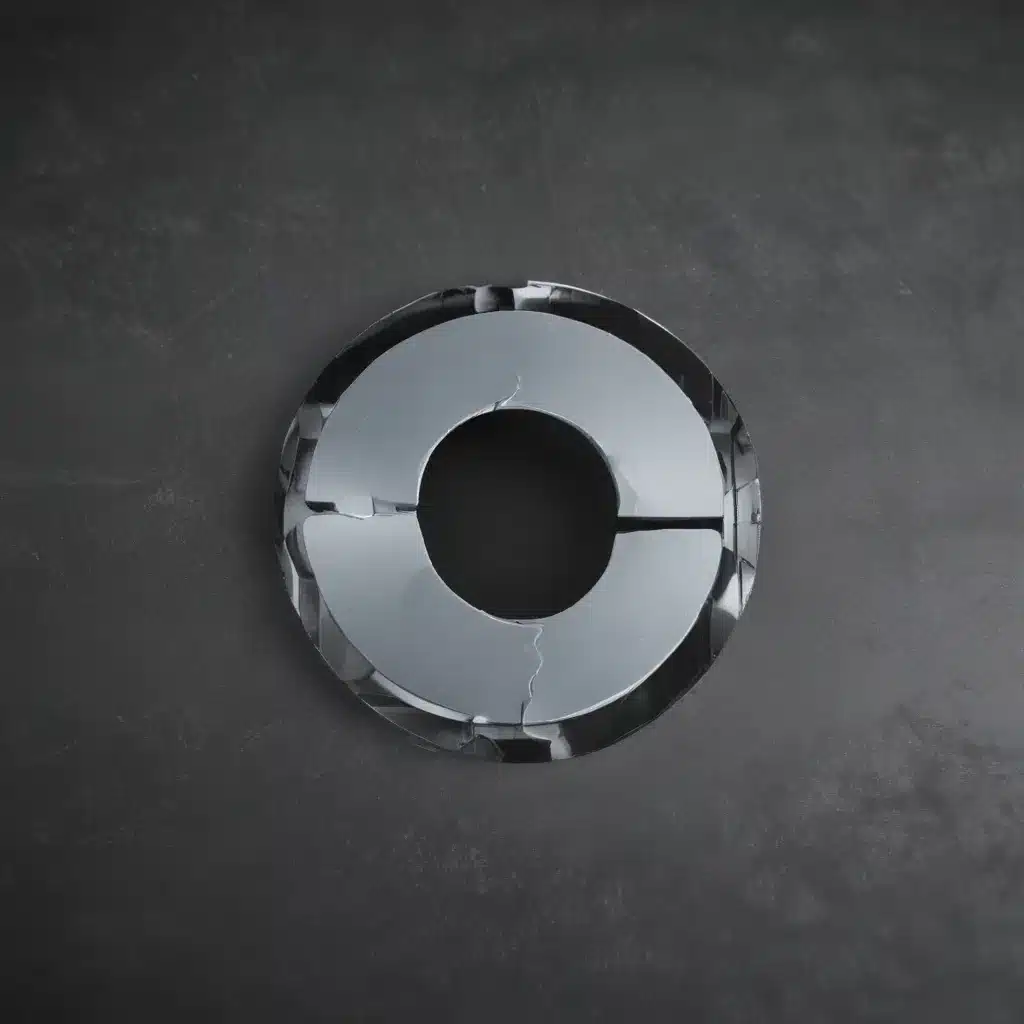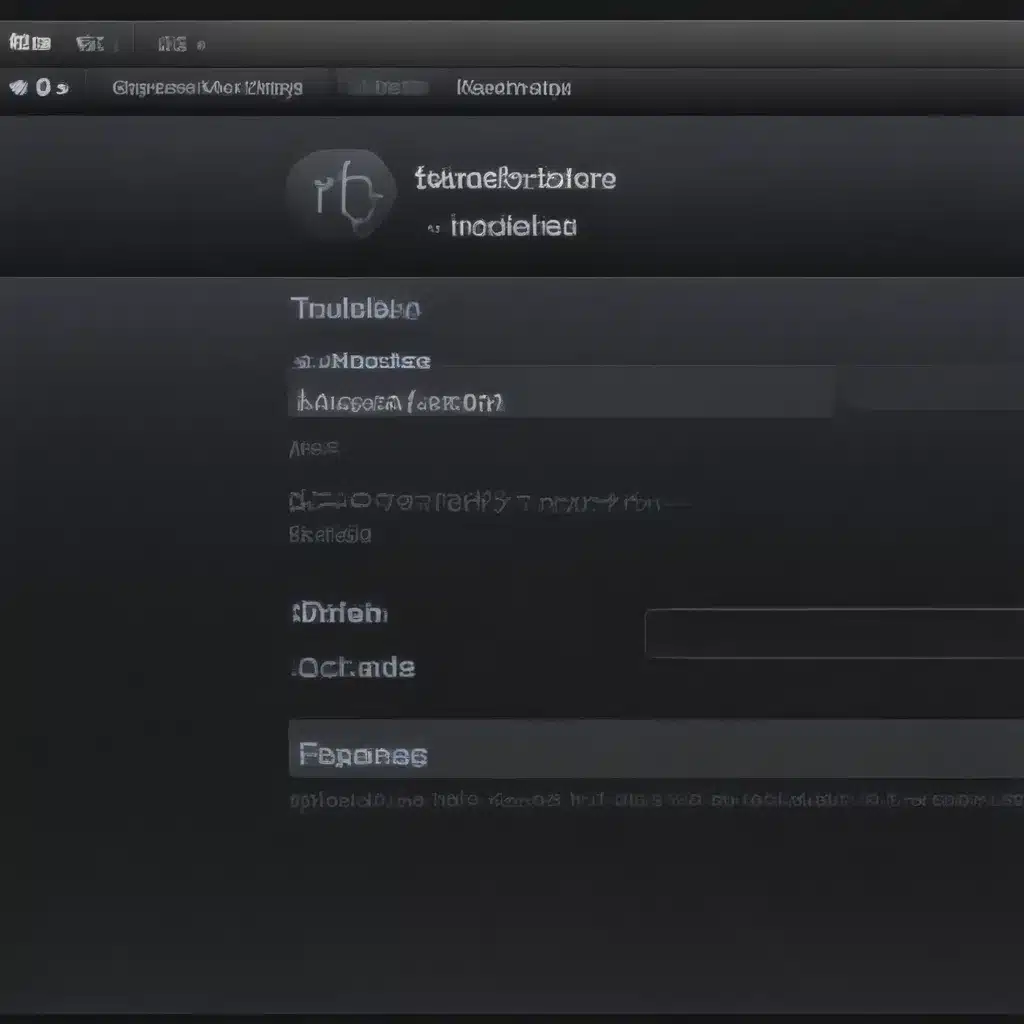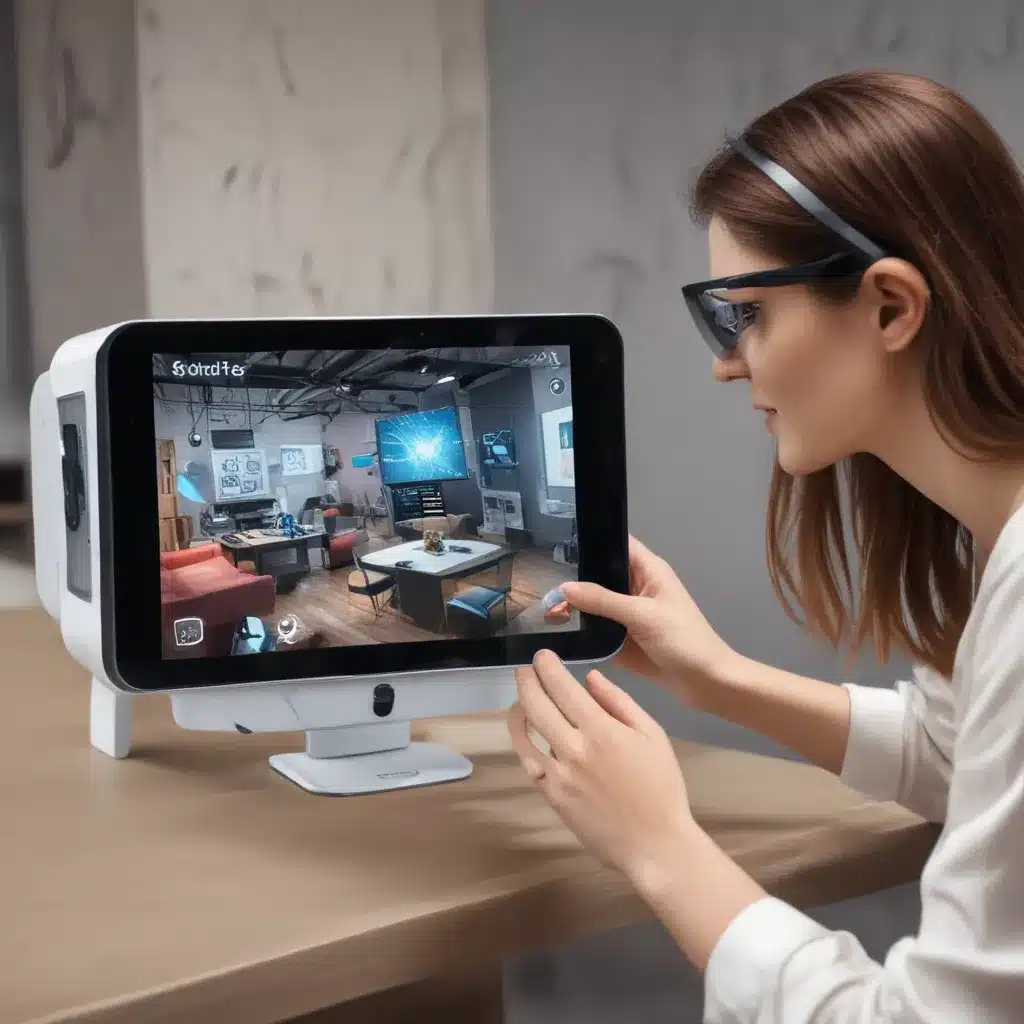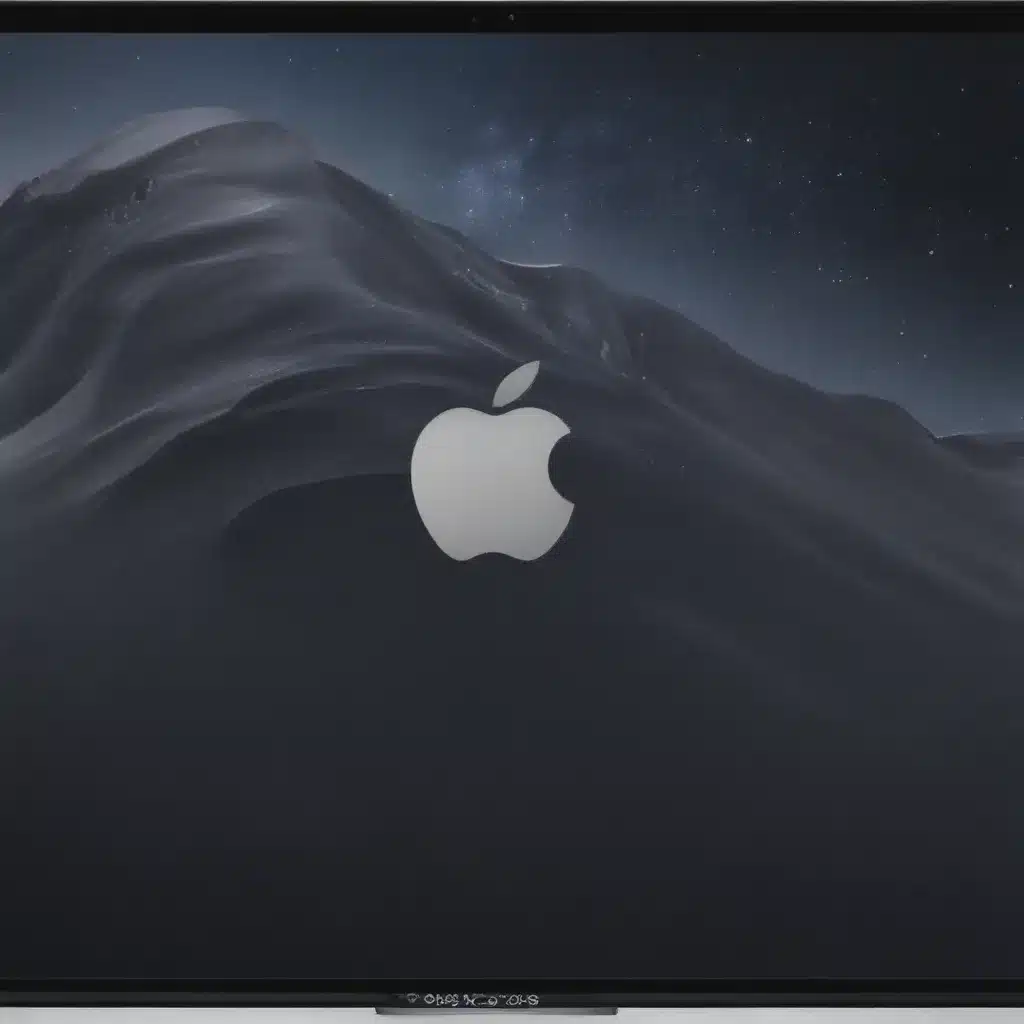The Perils of Removable Storage
Ah, the humble SD card – that trusty sidekick of our digital lives. We rely on these little storage workhorses to capture memories, store important files, and keep our devices humming along. But what happens when disaster strikes and our beloved SD card suddenly refuses to cooperate? It’s a technology travesty that no one wants to face, but one that, unfortunately, many of us will encounter at some point.
As a computer repair technician serving the UK, I’ve seen my fair share of SD card woes. From corrupted file systems to complete hardware failures, these seemingly innocuous storage devices can unleash a world of frustration when they decide to throw in the towel. But fear not, my tech-savvy friends – with a little know-how and a healthy dose of determination, you can often bring those ailing SD cards back from the brink.
Diagnosing the Dastardly Dilemma
The first step in any SD card recovery mission is to properly diagnose the problem. Is your card simply refusing to mount? Or perhaps it’s showing up in your file explorer, but you can’t access any of the data? Maybe it’s even completely undetectable, leaving you with a sinking feeling in the pit of your stomach.
One common issue I’ve encountered is the dreaded “The system cannot find the file specified” error [1]. This typically indicates that your operating system is having trouble communicating with the storage device, often due to a corrupted file system or partition table. In these cases, the good old reliable DISKPART tool can be your knight in shining armor.
Simply fire up an elevated command prompt, type in “DISKPART”, and you’ll find yourself in a whole new world of disk management wizardry. From there, you can try running the “CLEAN” command to wipe the slate clean and start fresh. If that doesn’t do the trick, you might need to get a bit more surgical, deleting and recreating partitions until you find a configuration that plays nicely with your system.
Resurrect that Recalcitrant Reader
But what if your SD card is stubbornly refusing to cooperate, even after your best DISKPART efforts? Fear not, for there are other tools in the tech-savvy toolbox. One option is to turn to the trusty Chromebook Recovery Utility [2]. Yes, even if you don’t own a Chromebook, this nifty little program can sometimes work its magic and breathe new life into an ailing SD card.
The key is to use the Chromebook Recovery Utility to create a fresh bootable USB drive, then boot your computer from that drive and let the utility work its recovery magic. It’s a bit like performing digital CPR on your storage device, and it just might be the ticket to resuscitating that recalcitrant reader.
Navigating the Mysterious World of File Systems
Of course, sometimes the problem runs deeper than just a corrupted partition or file system. That’s when the age-old battle between file system formats rears its head. Should you opt for the tried-and-true NTFS, or venture into the lesser-known but potentially more versatile world of exFAT?
As it turns out, the choice of file system can have a significant impact on the recoverability and compatibility of your removable storage devices [3]. NTFS, with its robust journaling capabilities, can be a boon for data integrity and recovery, but it may cause headaches when moving files between Windows and other operating systems.
On the other hand, exFAT offers a more streamlined and cross-platform-friendly approach, with the ability to handle those pesky large file sizes that can trip up the venerable FAT32 format. But it lacks the essential journaling feature, which means your data may be more vulnerable to corruption in the event of an unexpected power loss or abrupt removal.
It’s a delicate balance, to be sure, and one that often requires a bit of trial and error to find the sweet spot for your specific needs. But with a little bit of research and a willingness to experiment, you can often find the file system that best suits your removable storage requirements.
The Dreaded “Syntax Error”
And let’s not forget the mysterious “syntax error” – a frustrating plague that can strike even the most well-behaved SD cards. This error often rears its head when you’re trying to access or manipulate data on the card, leaving you scratching your head and wondering what dark magic is at play.
In my experience, these “syntax error” woes can be traced back to a variety of culprits, from physical damage to the card’s internal components to more esoteric issues like incompatible file system metadata [4]. It’s a tricky beast to tame, but with a bit of persistence and the right tools, you can often track down the root cause and get your SD card back on track.
One approach I’ve found successful is to try different recovery utilities, each with their own unique strengths and approaches. From the aforementioned Chromebook Recovery Utility to specialized data recovery software, you never know which one might be the key to unlocking your SD card’s secrets.
The Balena Betrayal
And then, of course, there’s the dreaded Balena Etcher – a tool that, in the wrong hands, can turn your trusty SD card into a veritable technological graveyard [5]. I’ve seen it happen time and time again, where well-meaning users attempt to flash an operating system image using Etcher, only to end up with a completely unrecoverable storage device.
It’s a frustrating situation, to say the least, and one that can leave you feeling utterly helpless. But fear not, my tech-savvy friends, for there is a glimmer of hope. As it turns out, the Rufus utility – a seemingly humble alternative to Etcher – can often be the key to resurrecting those Etcher-afflicted storage devices [6].
So, if you find yourself in the unenviable position of having a “bricked” SD card, don’t despair. Reach for Rufus, and with a little bit of luck and persistence, you just might be able to bring that little storage warrior back from the brink.
Lessons Learned and a Hopeful Future
Through all of these SD card recovery trials and tribulations, I’ve learned a few valuable lessons. First and foremost, it’s crucial to be proactive about backing up your data. Those precious memories and important files shouldn’t be entrusted to a single point of failure – instead, consider implementing a robust backup strategy to ensure your data is safe, even in the face of the most stubborn storage failures.
Secondly, it’s important to stay informed and keep up with the latest developments in the world of file systems and storage technology. As we’ve seen, the choice of file system can have a significant impact on the recoverability and compatibility of your removable storage devices. By understanding the strengths and weaknesses of different file system formats, you can make more informed decisions about how to best protect your data.
And finally, never underestimate the power of persistence and a willingness to experiment. When faced with a seemingly insurmountable SD card issue, it can be tempting to throw in the towel and write off the device as a lost cause. But with a bit of determination and a willingness to try different recovery techniques, you just might be able to breathe new life into that ailing storage device.
So, the next time your SD card decides to throw a tantrum, don’t despair. Arm yourself with knowledge, a healthy dose of creativity, and a good measure of tech-savvy tenacity. Who knows – you might just end up being the hero who saves the day and recovers those precious digital memories.
[1] https://superuser.com/questions/509992/unable-to-format-disk-the-system-cannot-find-the-file-specified
[2] https://community.spiceworks.com/t/chromebook-recovery-utility-unable-to-write-on-usb-drive/931793
[3] https://superuser.com/questions/257646/why-should-i-use-exfat-over-ntfs-on-removable-media
[4] https://www.techsupportforum.com/threads/sd-card-gives-me-a-wierd-syntax-error.646058/
[5] https://forums.balena.io/t/etcher-broke-my-usb-stick-or-did-it/340169
[6] https://support.google.com/chromebook/thread/141804153/chrome-recovery-tool-utility-not-working?hl=en

